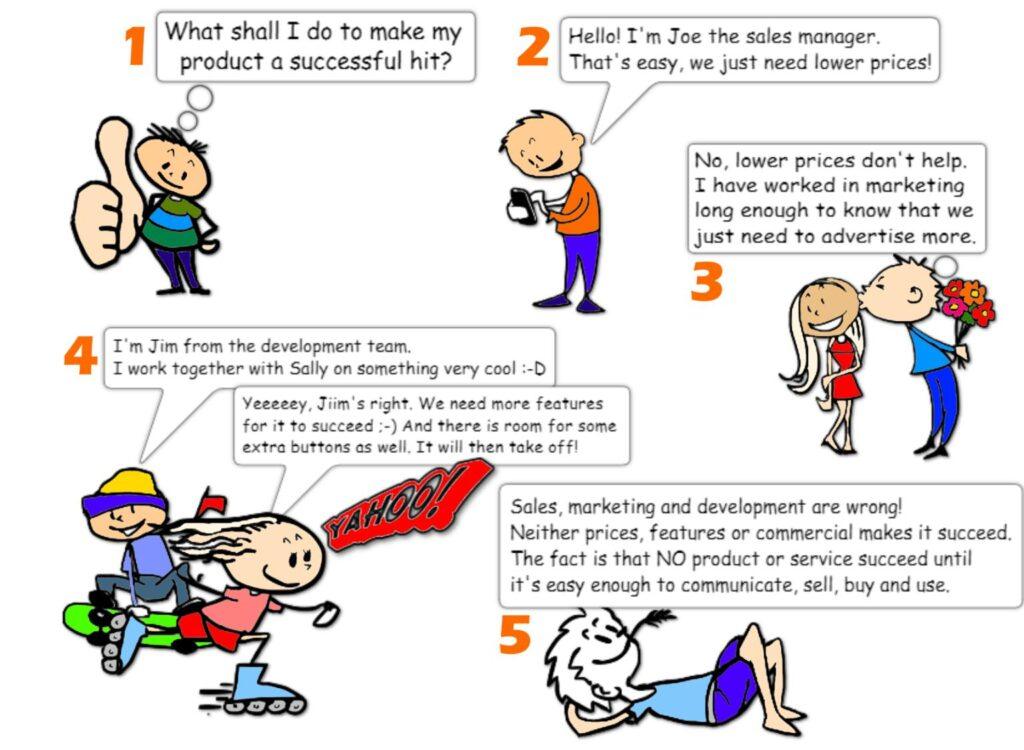Q: Why Drama? What makes it special?
A: I found Drama via my passion for paragliding and noticed that Drama is a hidden gem in Northern Greece — untouched by mass tourism yet filled with adventure potential. With mountains, rivers, forests, and an authentic local culture, it offers the perfect balance of high-energy activities and laid-back exploration. Unlike crowded tourist hotspots, Drama provides a real, immersive experience where travelers can connect with nature and local traditions.
Q: Is this an actual business or just an idea?
A: Right now, it’s an idea in development—but one that’s actively being shaped into a tangible product. The next few weeks will determine whether it becomes a fully operational project, with 100% effort and resources invested into making it happen.
Q: Why not just start small?
A: Because thinking small won’t make this work. Adventure tourism thrives when it’s well-structured, easy to book, and seamless to experience.
From any kind of business, we know that: Products and services don’t truly succeed until they are easy to communicate, sell, buy, and use.
That’s why this isn’t just a spontaneous idea — it must be a well-structured, thoughtfully developed experience to ensure its success.

Q: Will AdventureDrama expand beyond Drama?
A: The primary goal is to establish Drama as the central hub for adventure travel in Northern Greece. However, if successful, the same model can be expanded to other regions, evolving into a global adventure travel network.
And that’s the real by-product for investors — a well-designed platform with smart, scalable features that can be offered as a service to travel agencies, municipalities, regions, universities, and other organizations looking to showcase local experiences and attractions in a structured and accessible way.
Q: What makes this different from other travel platforms like Airbnb Experiences, Viator, or GetYourGuide?
A: You just mentioned three platforms that already exist—which proves there’s a market for it, right?
But here’s the key difference: AdventureDrama isn’t just a booking platform — it’s a complete travel experience, with Drama at the center.
Unlike large platforms that act as marketplaces, AdventureDrama is designed to be a structured, curated, and seamless adventure travel hub. Instead of travelers having to piece together their own itinerary from scattered listings, everything is planned to ensure a smooth, fully coordinated experience.
Q: Aren’t you afraid someone will take your idea and get ahead of you?
A: Not at all. In fact, it already happened a few years after I first promoted the idea. If someone else were to bring this vision to life before me, it would only validate my instincts about its potential and confirm my understanding of product and business development.
For me, success isn’t about being the first to execute — it’s about the vision becoming a reality.
At the end of the day, what truly matters is that the Drama region gets the recognition it deserves as an adventure destination. If someone else makes that happen sooner, it only proves I was right all along — and that’s a win in itself.
And beyond that — there’s an even bigger opportunity hidden within this concept. The real game-changer isn’t just promoting Drama as a destination — it’s in the technology and infrastructure behind it, in how adventure travel can be organized, structured, and made effortless for travelers. That’s where the real innovation and long-term potential for investors lie.
Q: Have you considered the legal and regulatory challenges of running an adventure tourism business in Greece?
A: Yes, and I recognize that navigating permits, regulations, liability, and compliance is a critical part of making this a sustainable venture. These practical challenges will be addressed in the upcoming planning phases, ensuring that everything is set up legally, ethically, and transparently.
From business licensing and insurance to safety standards and local partnerships, every aspect will be handled according to best practices and good business ethics to protect both travelers and local businesses. I’m committed to doing this the right way—step by step, in full compliance with Greek regulations.
Q: How do you plan to market this to international travelers?
A: I’m already in discussions with two travel agencies based in Norway, which shows that there’s genuine interest in the concept. Success in travel isn’t just about advertising—it’s about building strong relationships and leveraging the right connections. One opportunity leads to another, and that’s exactly how I plan to grow this.
For now, the focus is on validating the idea and building strategic partnerships. If this project reaches the stage where it evolves into a full-fledged business, developing a comprehensive marketing strategy will become a top priority.
Q: What if local businesses don’t see the value in this and don’t get on board?
A: That’s a tough question—one I honestly haven’t given much thought to yet. But let’s flip it around: Would a business say no to new customers and increased income, especially if those customers say they were sent by me?
The key here is that I’m not taking money from local businesses — I’m simply connecting them with travelers who are actively looking for authentic experiences. AdventureDrama isn’t about replacing or competing with existing businesses — it’s about helping them grow by making it easier for travelers to find and book their services. If a hotel, guide, or restaurant benefits from my efforts, there’s little reason to turn that down.
That said, collaboration is a two-way street. If businesses are hesitant, I’ll focus on proving the concept first — by sending customers their way and demonstrating the value in real numbers. At the end of the day, results speak louder than words.
Q: What measures will you take to ensure that adventure tourism doesn’t harm the environment or local communities?
A: This is probably one of the toughest and most important questions to address. Sustainability isn’t just a consideration—it has to be at the core of AdventureDrama. The entire purpose of this project is to benefit local communities, not to bring any negative impact—whether economic, political, or environmental. Growth should never come at the cost of the very places and people that make Drama special.
To ensure this, the approach will include:
- Working with local businesses and guides rather than large-scale commercial operators, ensuring that the economic benefits stay within the community.
- Prioritizing eco-friendly adventure tourism, such as hiking, paragliding, and cultural experiences that have a low environmental footprint.
- Encouraging responsible tourism, with guidelines for visitors on how to respect local nature, culture, and traditions.
- Collaborating with local authorities and environmental organizations to ensure all activities align with sustainability best practices.
- Avoiding mass tourism models — this is about quality, not quantity, focusing on curated, small-scale experiences that protect the region’s authenticity.
Sustainability isn’t just a challenge—it’s a responsibility. If AdventureDrama is to succeed, it must enhance Drama, not exploit it.
Q: What happens if a competitor enters the market with more funding and resources?
A: I’ve already touched on this—if a competitor enters the market, it only proves that AdventureDrama has already succeeded in putting Drama on the map. A competitor could mean one of two things:
- They recognize the same potential and validate the idea—which is a win in itself.
- They don’t share the same core values and are more focused on commercializing the destination rather than developing it sustainably.
But here’s the thing—why compete when we could collaborate? If someone with more funding and resources sees the value in what AdventureDrama is building, wouldn’t it make more sense for them to work with us rather than against us?
At the end of the day, this isn’t just about running a business — it’s about making Drama the adventure hub it deserves to be. And that mission is bigger than any single company.
The only real way to succeed is by working together toward something bigger, rather than competing over pieces of the market and ending up with a fragmented, half-hearted effort that never truly takes off. Collaboration leads to lasting success — competition just divides the opportunity.
Q: What experience do you have in the tourism industry?
A: I don’t have more experience than any seasoned traveler might have—but maybe that’s an advantage? I approach this with fresh eyes, as an observant person with a background in technology and service development. That means I focus on how things actually work in practice, what creates great user experiences, and how technology can make travel seamless and more accessible.
At the same time, I’m not doing this alone. I’m building a team of advisors to support my vision. I have the support of a seasoned tourism expert who provides industry connections, as well as several PR advisors and market consultants with a demonstrated history of working in the public relations and communications industry. They assist with press releases, marketing, and positioning the project for success. Together, we ensure this project is built on solid insights and smart strategies—not just enthusiasm.
Q: How can I stay updated?
A: Follow along! Whether you’re interested in traveling, collaborating, or just watching this idea take shape, your support helps bring it to life.
